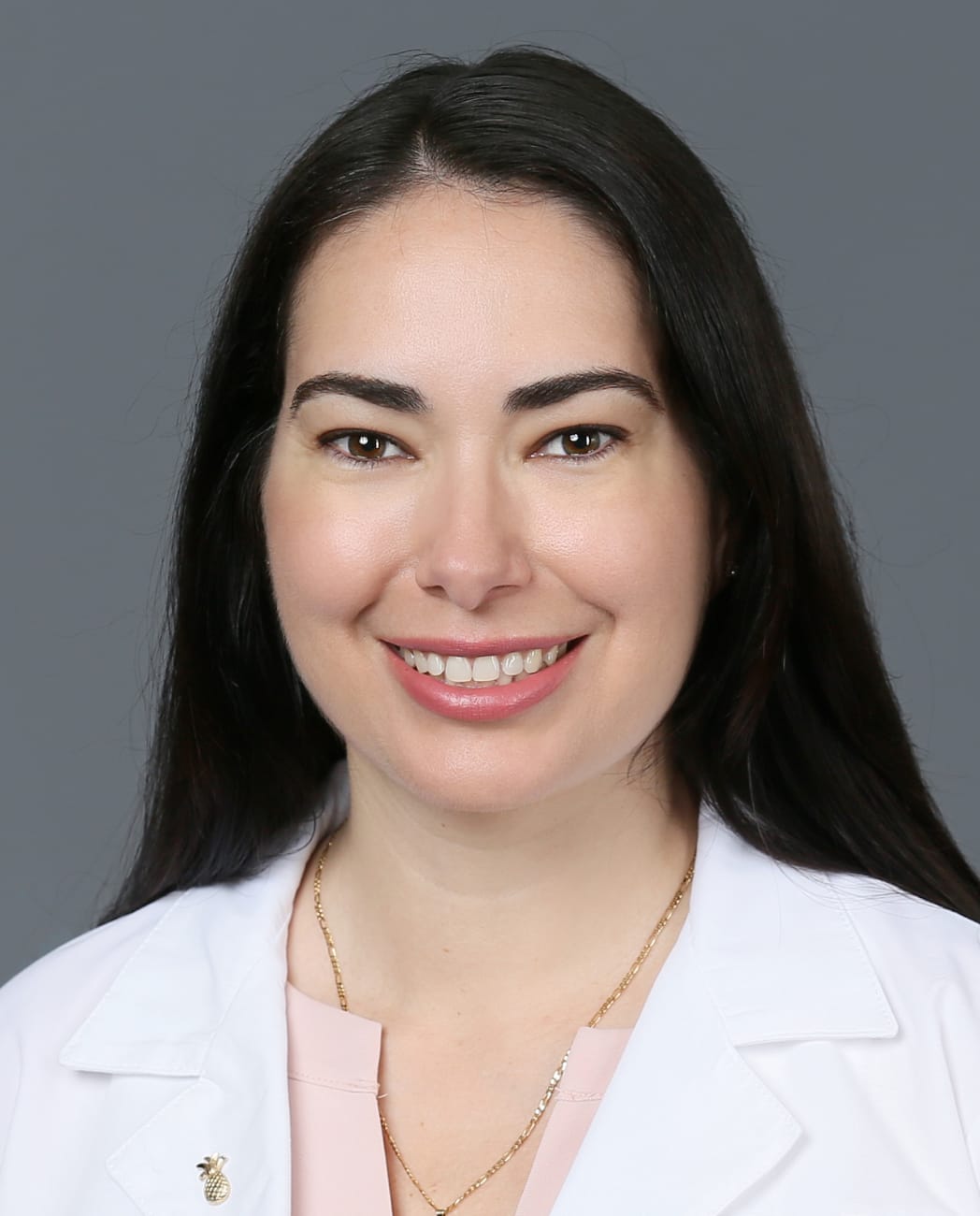
Depression is the leading cause of disability worldwide, and doctors need to find more targeted and enduring therapies. About 20 percent of patients do not respond to medication, so many people with depression continue to suffer.
A neuropsychiatrist at Baptist Health Miami Neuroscience Institute, in south Florida, recently began using a targeted therapy called transcranial magnetic stimulation (TMS) for patients who have not experienced symptom relief with psychotherapy and medication. Research shows that as many as eight in 10 patients achieve complete remission with TMS.
What is TMS for depression?
TMS, a neuromodulation technique, uses pulses of electromagnetic energy to target and interact with specific brain regions associated with major depressive disorder. Psychiatrists at Baptist Health typically target the left dorsolateral prefrontal cortex (DLPFC), an area about 3 millimeters (mm) in diameter. A magnetic resonance imaging (MRI) scan and the TMS unit’s sophisticated navigation tools help them pinpoint the DLPFC’s location and deliver the energy dose within zero to 2 millimeters of the target.

Rachel Rohaidy, MD
“TMS gives hope to patients for whom medication has failed,” says Rachel Rohaidy, MD, a neuropsychiatrist at Baptist Health Miami Neuroscience Institute. “It’s non-invasive, requires no sedation and causes minimal side effects. Most importantly, we can deliver a personalized dose to the target area and adjust the stimulation level to optimize therapy.”
The treatment appeals to many patients who are apprehensive about electroconvulsive therapy (ECT), which passes small electric currents through the brain. The current intentionally triggers a brief seizure, effectively “rebooting” the brain. “ECT is safe, reliable and effective, but old misconceptions about it can scare people off — plus, it requires sedation,” Dr. Rohaidy says. “TMS is completely different. It uses a magnet to manipulate electricity at a specific location in the brain. Patients are fully awake and can return to work immediately after their appointment. The only side effect we see is a mild headache and scalp pain at the treatment site.”
Plans to expand the use of TMS
Dr. Rohaidy is working with other experts at Miami Neuroscience Institute to establish specialized dosing protocols to personalize the therapy even further.
Another goal is to conduct research to pinpoint additional areas of the brain that are associated with depression and other mental health conditions. “Scientists have identified 17 foundational neural networks in the brain so far, and the networks are interconnected,” John Candela, neurological systems consultant at Baptist Health Miami Neuroscience Institute, explains. “Neurons in more than one area feed into depression, and specific areas of the brain are heightened in patients with addiction, post-traumatic stress disorder, anxiety and other mental health concerns.
“We will use our TMS system, in combination with MRI plus diffuse tensor imaging and resting-state functional MRI, to create atlases that will show us what to target with TMS,” he adds. “This will allow us to individualize our therapy plans even more precisely to address a patient’s specific symptoms, and possibly treat multiple mental health issues at once.”
Elsewhere at the Institute, neurosurgeons use TMS and MRI to perform pre-surgical brain mapping in patients with epilepsy and brain tumors. The technology helps surgeons identify areas of the brain associated with movement and speech and avoid eloquent structures during surgery.
Adding TMS to psychotherapy
Typically, patients with depression who qualify for TMS receive treatment three days a week for 10 to 12 weeks. As a Food and Drug Administration-approved therapy, most insurance plans cover TMS therapy. Plans generally require evidence that the patient has not achieved symptom relief with three different medications plus psychotherapy or has experienced severe side effects from the medications.
For best results with TMS, patients should continue receiving psychotherapy during and after treatment. “TMS doesn’t fix everything, but we have been very impressed with the results so far,” Dr. Rohaidy says. “Many patients report a 50 percent reduction in symptoms after just three sessions.”
